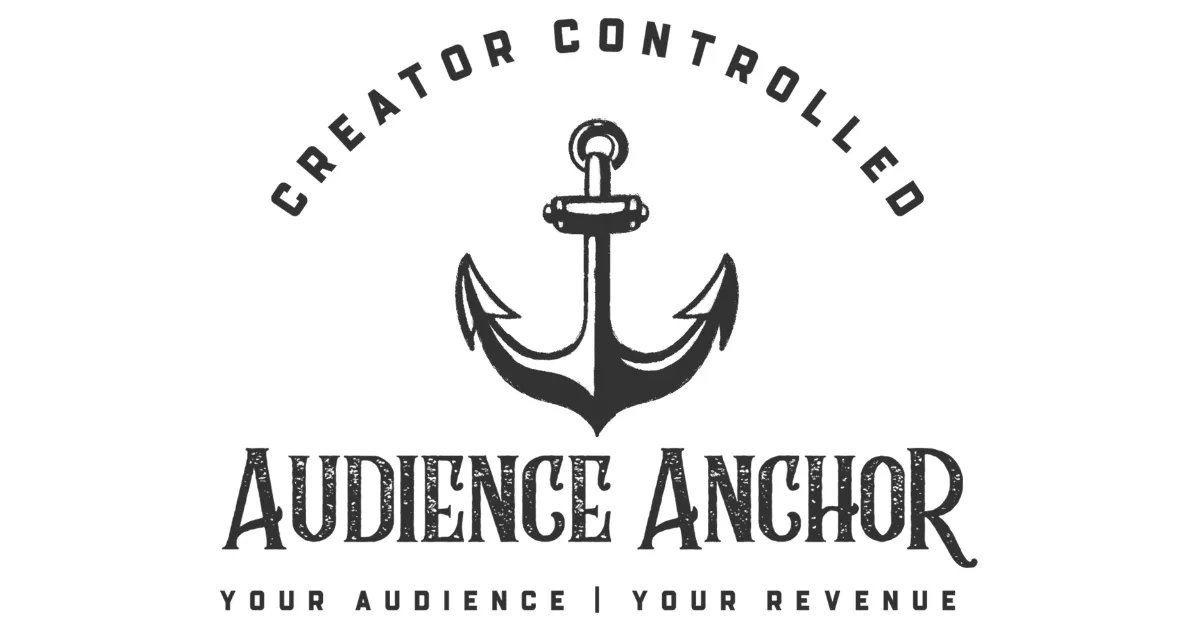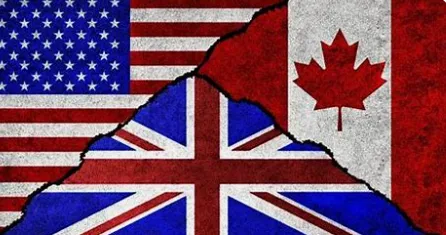
Demonetized
Demonetization is a black box. You’re guilty until proven innocent, and good luck figuring out why your videos got flagged. - Philip DeFranco
Silenced by the Algorithm: The Harsh Reality of Demonetization for Content Creators
In the vibrant world of online content creation, platforms like YouTube, TikTok, and Twitch offer creators a chance to turn their passions into careers. But for those who tackle controversial or sensitive topics—politics, social justice, mental health, or even historical events—the dream often comes with a nightmare: demonetization. When platforms flag content as “advertiser-unfriendly,” creators lose ad revenue, face suppressed visibility, and endure a ripple effect that threatens their livelihoods and mental health. This article explores why demonetization happens, its profound impact on creators, and why it’s a problem we can’t ignore.
Why Are Creators Demonetized?
Demonetization occurs when a platform restricts a creator’s ability to earn ad revenue from their content, often due to policies prioritizing “advertiser-friendly” environments. Topics deemed controversial—ranging from gun rights to reproductive health—can trigger these restrictions. Here’s why:
Vague Guidelines: Platforms like YouTube flag content under broad categories like “controversial issues” or “sensitive events” without clear definitions. A video on climate activism might be demonetized for its political undertones, while a vlog about coffee escapes scrutiny.
Algorithmic Overreach: Automated systems scan titles, thumbnails, and even comments for red flags. These algorithms often misinterpret context, flagging educational content about war as “violent” or discussions on LGBTQ+ issues as “inappropriate.”
Advertiser Pressure: Brands avoid controversy to protect their image, pushing platforms to enforce strict policies. A 2023 study by the Digital Creators Coalition found that 25% of YouTube videos on social justice topics were demonetized, compared to just 8% for lifestyle content.
Shadowbanning: Beyond demonetization, platforms may suppress content visibility, excluding videos from recommendations or search results. This “shadowban” effect slashes views and engagement, further eroding income.
Elon Musk, a vocal critic of platform censorship, has linked these practices to broader free speech concerns. In a 2024 X post, he stated, “The censorship tools were created to deal with scams & spam, but then were turned to political purposes.” Demonetization, in this view, acts as a soft form of censorship, discouraging creators from tackling bold topics.
The Devastating Impact on Creators
Demonetization isn’t just a financial hit—it’s a multi-faceted blow that affects creators’ careers, mental health, and creative freedom. Here’s how:
1. Financial Instability
For many creators, ad revenue is their primary income. A single demonetized video can cost hundreds or thousands of dollars, depending on viewership. Smaller creators, who often lack diversified income, are hit hardest. In a 2024 X post, a creator with 15k subscribers (
@IndieVoice_
) shared, “One demonetized video on voter suppression cost me $400. That was my grocery budget for the month.” For those living paycheck to paycheck, these losses can be catastrophic.
Even when videos aren’t fully demonetized, “limited ads” status—where only low-paying ads run—slashes earnings. A 2022 report by Creator Insider noted that limited-ads videos earn up to 60% less than fully monetized ones. Over time, this erodes creators’ ability to invest in equipment, hire editors, or sustain their channels.
2. Suppressed Reach and Growth
Demonetization often comes with algorithmic suppression. Shadowbanned content gets fewer views, stunting channel growth and disconnecting creators from their audience. A political commentator on X (
@TruthTellerX
, 20k followers) posted in 2023, “My video on electoral reform got 10% of my usual views after being flagged. No explanation, no appeal. It’s like I’m shouting into a void.” This loss of reach not only hurts income but also demoralizes creators who rely on audience engagement to stay motivated.
3. Self-Censorship and Creative Compromise
Fear of demonetization forces creators to self-censor, diluting their authenticity. They avoid “trigger” topics or sanitize their language to appease algorithms. Trans YouTuber Jessie Gender, in a 2023 video, described how she rephrased discussions on gender identity to avoid flags: “I’m constantly second-guessing my words. It’s like creating with a gun to my head.” This compromises the bold, honest content that often defines impactful creators.
Over time, some pivot to safer niches—think makeup tutorials or gaming—abandoning their original mission. This shift not only alienates fans but also reduces the diversity of voices online, as Musk highlighted in a 2025 X post: “You can tell who the bad guys are by who is demanding censorship.”
4. Mental and Emotional Toll
The uncertainty of demonetization takes a heavy psychological toll. Creators face stress from unpredictable income, frustration with opaque platform decisions, and exhaustion from fighting appeals. A 2024 survey by the Creator Economy Association found that 68% of demonetized creators reported anxiety or burnout tied to platform policies. One X user (
@ArtByAva
, 5k followers) posted, “Appealing a demonetized video feels like begging a faceless corporation for my own money. I’m drained.”
For creators addressing personal or marginalized experiences—say, mental health or racial justice—demonetization can feel like a rejection of their identity. This compounds the emotional strain, making content creation a battle against both algorithms and self-doubt.
5. Career Uncertainty
Repeated demonetization can push creators to quit entirely. Smaller channels, unable to absorb financial hits, are especially vulnerable. A 2023 X thread by a history vlogger (
@PastUnraveled
, 8k followers) went viral after they announced their channel’s closure: “Three videos demonetized in a row for ‘violent content’—they were about the Civil War. I can’t afford to keep going.” Each creator who quits is a lost voice, narrowing the spectrum of ideas online.
The Broader Implications
Demonetization’s impact extends beyond individual creators to the entire digital ecosystem. When platforms penalize controversial content, they prioritize safe, advertiser-friendly voices—think unboxing videos or travel vlogs—over those tackling systemic issues or challenging norms. This creates an online landscape where fluff overshadows substance, stifling the transformative potential of creators like Hasan Piker or Lindsay Ellis, who built careers on bold commentary.
Musk’s 2024 interview quote, “Moderation is a propaganda word for censorship,” captures the stakes. By squeezing creators financially, platforms indirectly control public discourse, sidelining discussions on politics, inequality, or human rights. This isn’t just bad for creators—it’s bad for society, as it limits the ideas that shape our world.
What Can Be Done?
While demonetization feels like an uphill battle, creators and their allies can push for change:
Diversify Income: Relying on ads is risky. Platforms like Patreon, Substack, or merch stores (e.g., Teespring) offer alternatives. Promote these in videos and on X to build a safety net.
Advocate Collectively: Join creator communities on X (search #CreatorLife) or groups like the EFF to demand transparent platform policies. Amplify stories of unfair demonetization to raise awareness.
Support Policy Reform: Push for clearer guidelines and human oversight in flagging decisions. Musk’s 2022 X post, “By ‘free speech’, I simply mean that which matches the law,” suggests aligning platform rules with legal standards, not advertiser whims.
Educate Audiences: Fans can help by engaging with content (liking, commenting) to boost algorithmic visibility and supporting crowdfunded platforms.
The Fight for Creative Freedom
Demonetization is more than a financial penalty—it’s a threat to the heart of content creation: the ability to speak freely and connect authentically. For creators tackling controversial topics, the stakes are high, from lost income to silenced voices. Yet their resilience shines through, whether they’re appealing flags, diversifying revenue, or calling out unfair systems on X.
As Musk warned in a 2024 X post, “The public still doesn’t understand even a tiny fraction of the power of the censorship government-industrial complex.” By supporting creators and demanding fairer platforms, we can protect the internet’s promise: a space where every voice, no matter how bold, has a chance to be heard.


